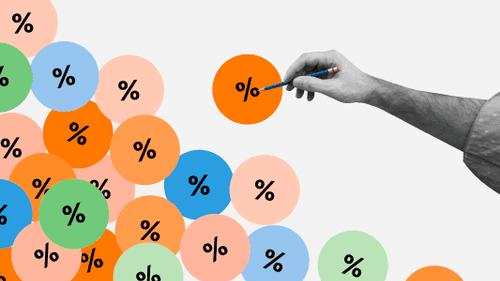History
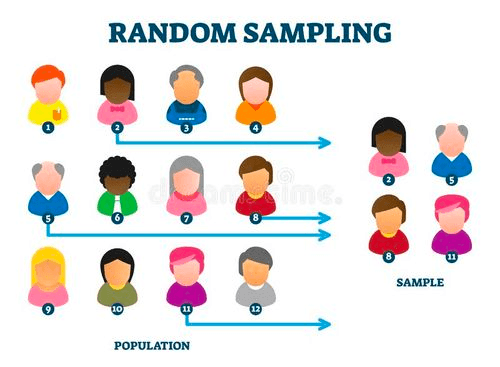
- |
Statistical Random Sampling
Statistical Random Sampling is a method pollsters often use to evaluate the public’s perception of an issue or candidate.
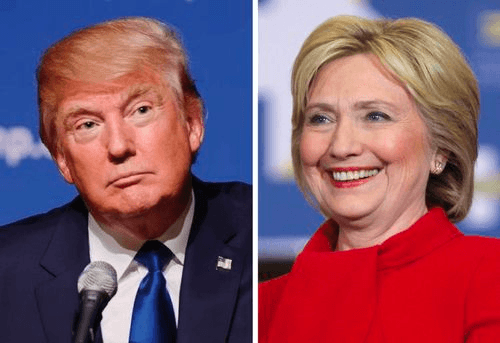
- 2016|
Trump-Clinton Presidential Election
The polls’ relative inaccuracy in predicting the winner of the 2016 presidential election has fueled significant skepticism regarding political polling.
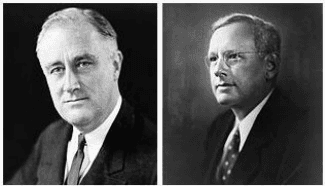
- 1936|
FDR-Landon Presidential Election
The 1936 election between Franklin D. Roosevelt and Alf Landon presented the first instance of polling used to predict the election outcome.
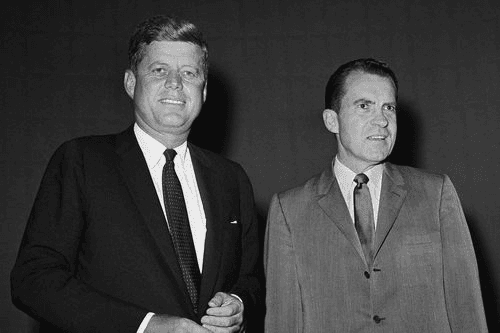
- 1960|
Kennedy-Nixon Presidential Election
Since the presidential election of 1960, numerous allegations of widespread voter fraud in Illinois and Texas have emerged about the contest.
Introduction
Polling is the process of gathering information from the public about their political views, who they will vote for, and their opinions on pressing issues in the country. Issue and election polling are the most common kinds of polls. When done correctly, polls can be highly accurate in predicting election results. Polling in the 2016 election was controversial for its state-level inaccuracy, which has caused many right-leaning individuals to distrust polls in general.
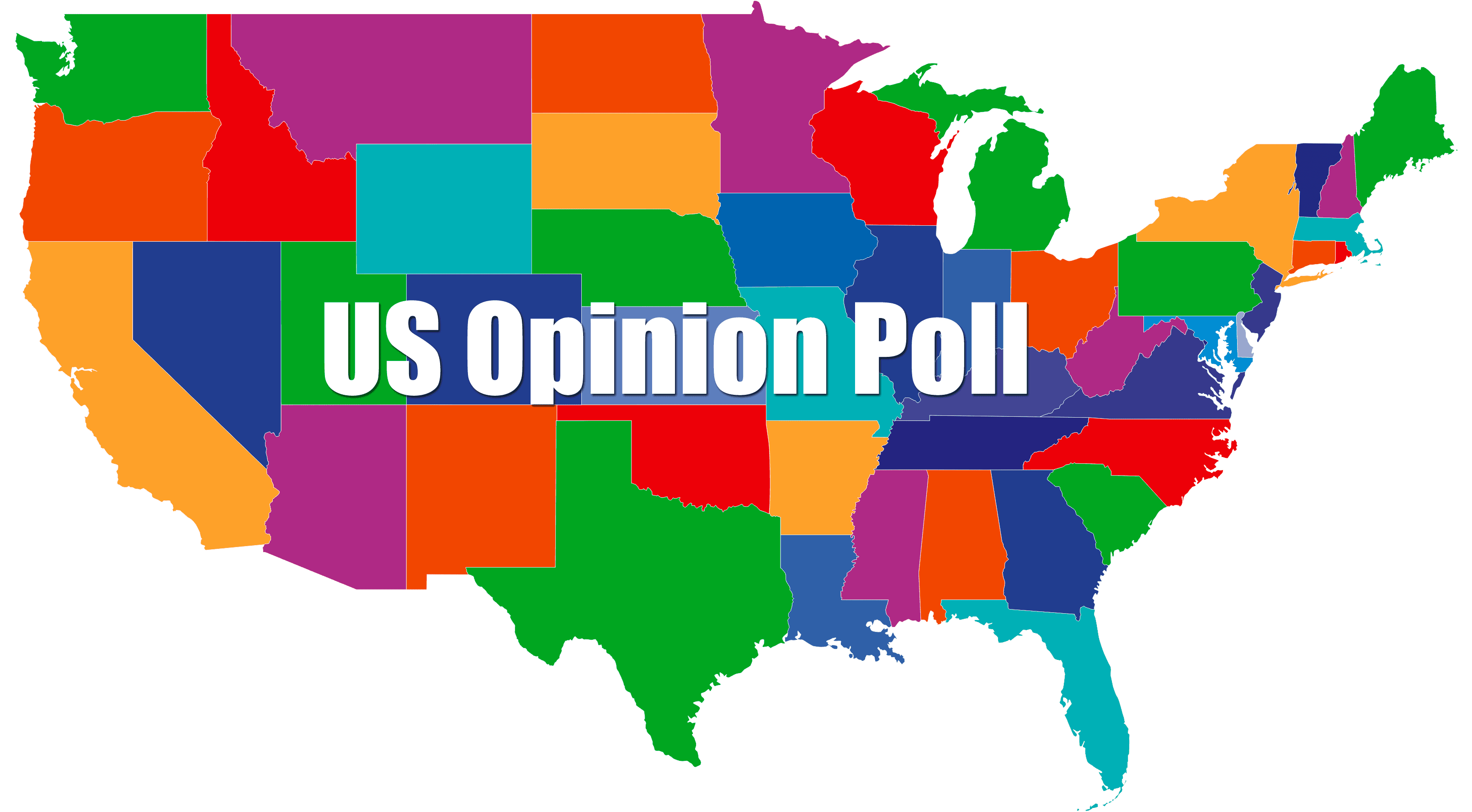
Polling allows outside organizations to gather information from the public about who they will vote for and how they feel about issues facing the country. While many rely heavily on pre-election polling statistics, they do not always accurately predict people’s thoughts or actions. Even so, when appropriately performed, polling is one of the best available methods to understand and predict how the public feels and why, allowing government officials, news organizations, and the general public to understand what citizens think and feel.
Issue and election polling are the two most prevalent kinds of polls. Election polls predict how much support each candidate has, while issue polls are more comprehensive, highlighting the public’s opinion of specific issues and policies.

Pre-election polls have been shockingly inaccurate in some recent election predictions, especially at the state level. In the 2020 presidential election, state-level pre-election polls underestimated support for the Republican candidates by an average of 5%. Pollsters have argued that larger sample sizes, understanding sampling populations, avoiding underrepresentation, and paying attention to late voter preference shifts will allow for more accurate polls at the state level. However, some outlier elections can be unpredictable. For instance, the 2021 New Jersey governor’s race saw a massive swing towards Republicans. Incumbent Governor Murphy was up 7.8% in the RealClear Politics poll average but ended up winning by only 2.8%. This election was a massive unexpected swing where even a New Jersey trucker, Ed Durr, spent $153 on his campaign and, against all odds, beat a well-funded Democratic incumbent. There are some races where the complexity of local issues may make polling increasingly difficult.
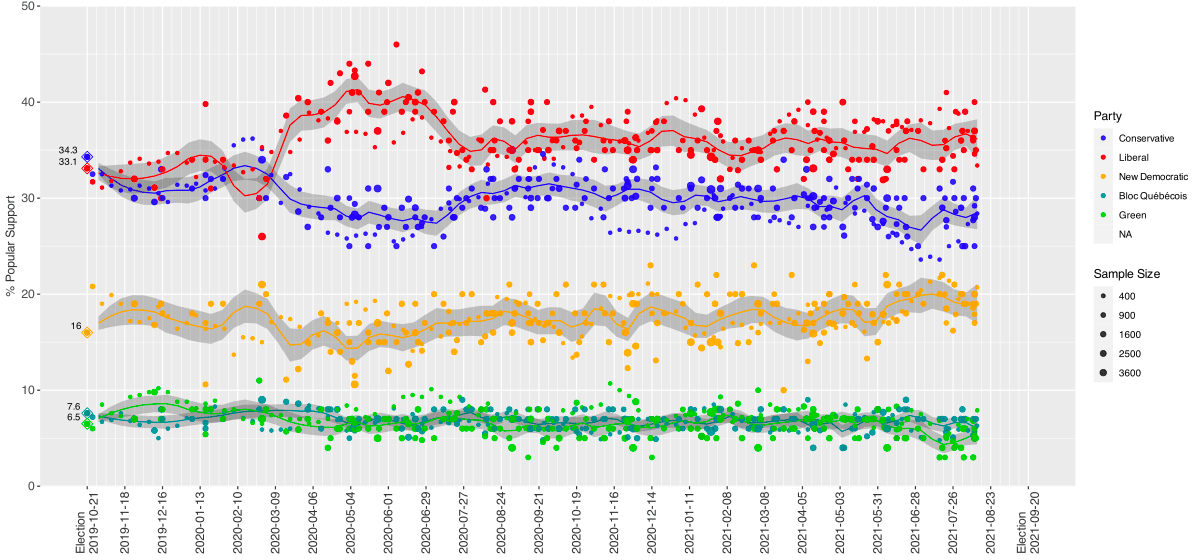
In addition, election forecasts that estimate candidates’ win probability can offer voters a false sense of comfort. As pre-election polls are circulated throughout the media, voters may think the race is less competitive than it actually is. A study from Yale shows that voters are more likely to vote when they believe the race is extremely close, and polling data can cause some voters to skip out on the election entirely.
Discussion Questions
- If you saw your candidate was winning significantly in the polls, would you still cast your vote?
- Given the recent inaccuracy in state-level polling, do you feel polling is valuable for political campaigns?
- Do you think the public relies too heavily on polling?
Narratives
Left Narrative
Polling, especially around election time, is extremely important. While it is crucial to not rely solely on the polls, voters can use them as a sense of motivation to get out and vote. Polls can show a party which groups or issues they need to focus on to garner more support.
Right Narrative
Polling often skews left due to bias from the organization that conducts the poll. In addition, most Republicans dislike answering polls, skewing them further left. Republicans’ trust in polls has decreased since 2016 as many were dramatically wrong on Trump’s odds of winning.
Bipartisan Narrative
Classroom Content
Browse videos, podcasts, news and articles from around the web about this topic. All content is tagged by bias so you can find out how people are reacting across party lines.
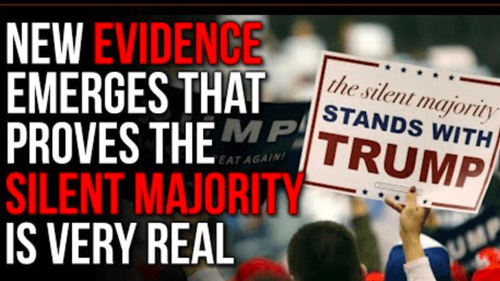
The Silent Majority is REAL, We Have Hard Proof They Exist
- Video •
- 6/23/2020
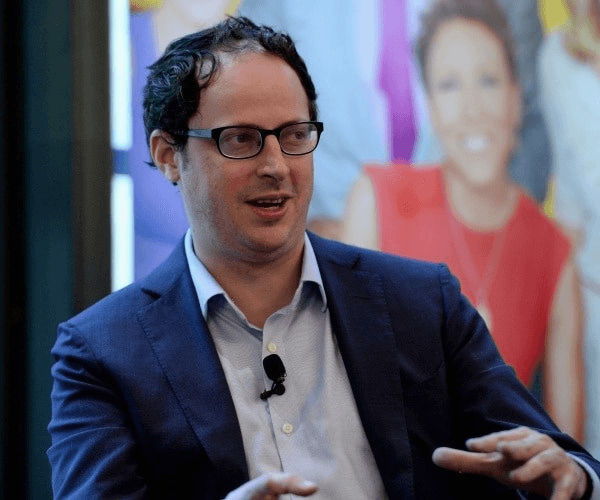
Nate Silver: Polling Profession Not ‘Done’ After 2020
- Article •
- 10/5/2020
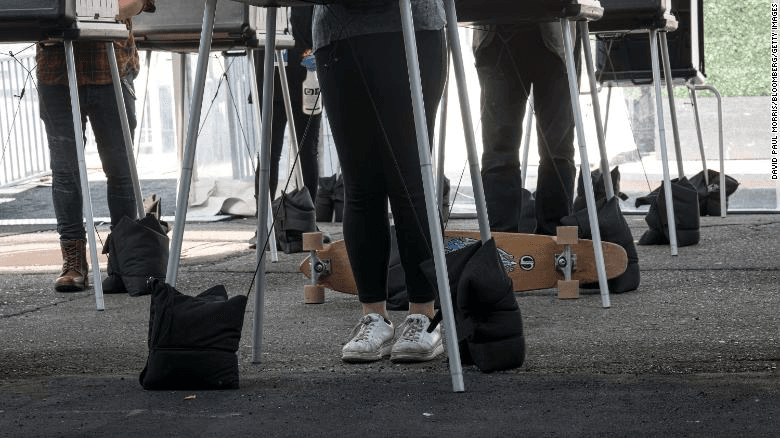
How pollsters are trying to fix election polls after 2020
- Article •
- 6/19/2021

How Political Polling Works
- Article •
- 8/2/2020

Election Watch | The perils of pre-election polling
- Podcast •
- 7/23/2020
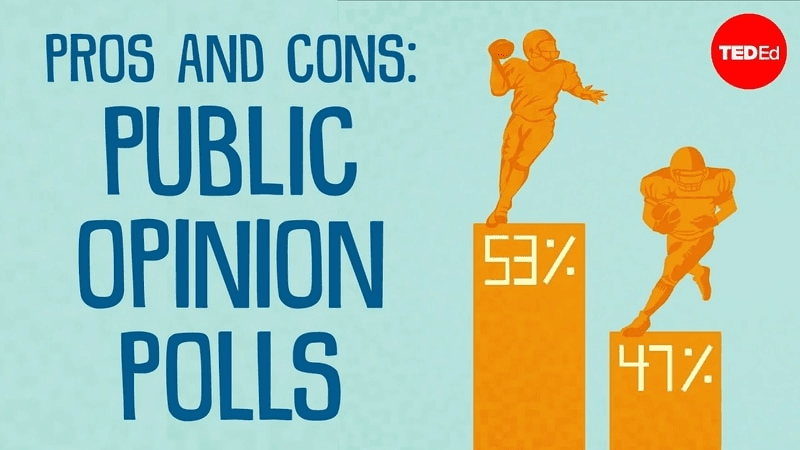
Pros and cons of public opinion polls - Jason Robert Jaffe
- Video •
- 4/17/2013
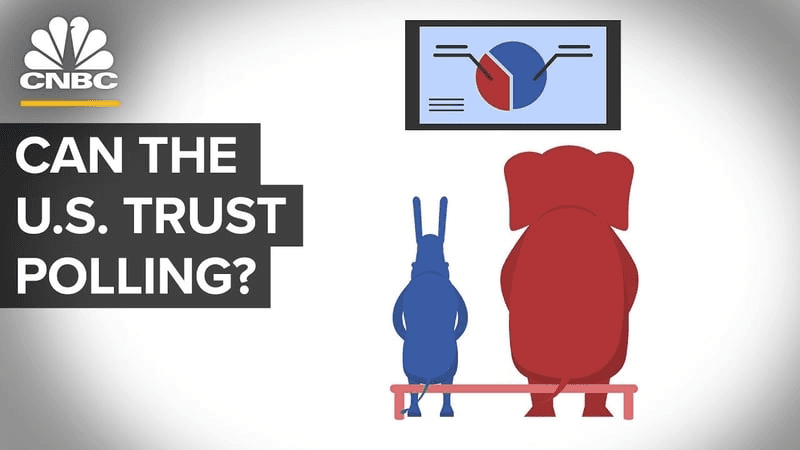
Are Polls Trustworthy?
- Video •
- 9/26/2020
